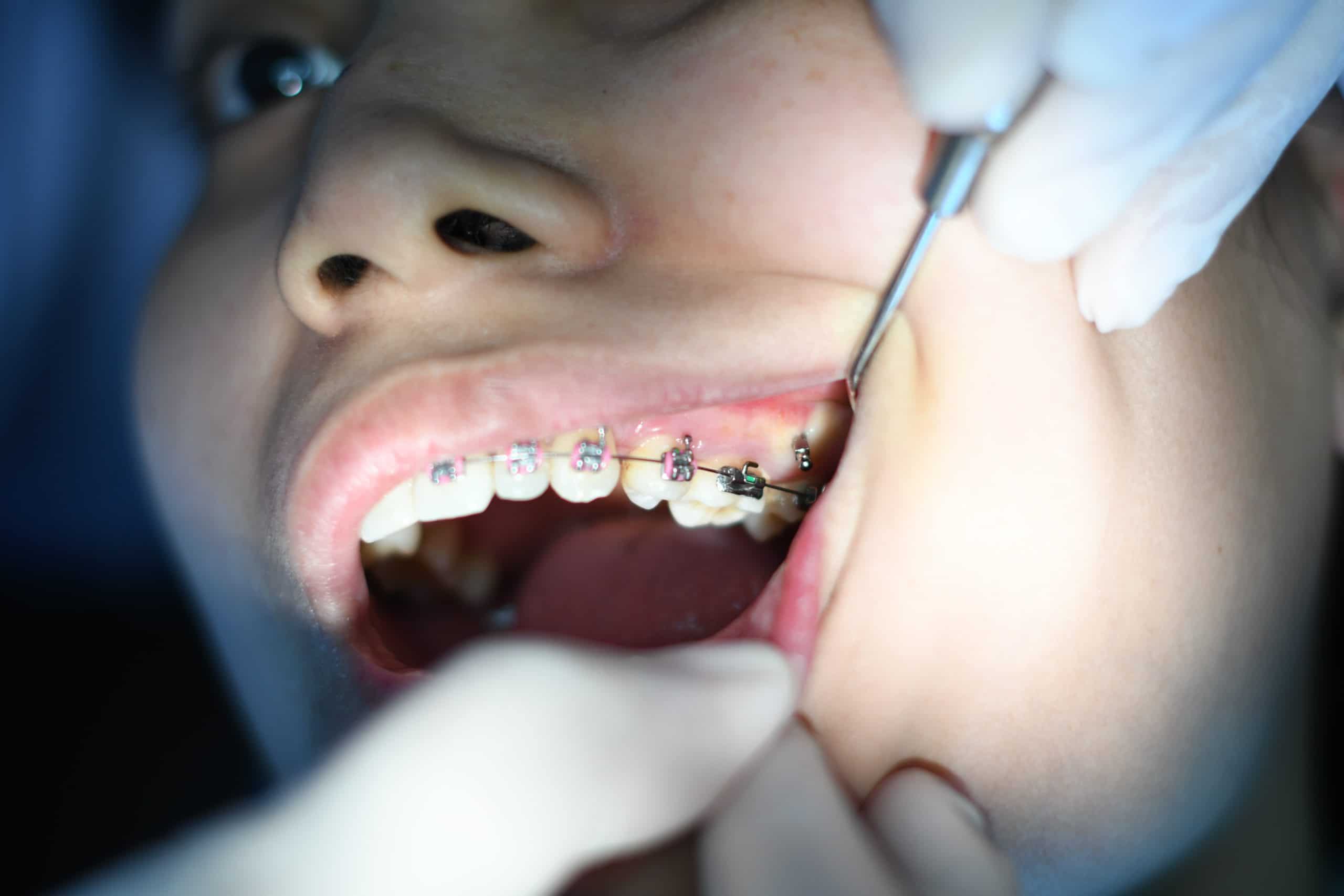A retainer is used to help preserve the shape of a person’s teeth and gums and tongue.
Tooth extraction is something every one will experience.
When baby teeth need removal for children under 6 years old: it is most important that your child is treated by child friendly clinician with plenty of experience with younger kids. Therefore a more experienced Dental Therapist and Oral Health Therapist are one of the best to do this procedure, to keep that a nicer experience for you and your child.
When a tooth need extraction, a General Dentist will remove that tooth, the mission is removal of that tooth. The preservation of the “alveolar bone” is not a priority.
A tooth extraction often damage alveolar bone. This bone is there to support future dental implant should patient like to have tooth there again.
For an adult after teeth removed, “alveolar bone” will dissolve as their main function is to support teeth for normal function, which is eating.
When tooth extraction performed by an Implant Dentist, he will more likely to preserve the “alveolar bone”. Implant Dentist will have special technique and equipment to remove teeth with less trauma, and preserve the jaw bone. Do tell the Implant Dentist if you are thinking of getting Dental Implant in the near future, as he could also do “Socket Preservation” which involve putting bone graft materials and a collagen membrane/plug to the socket, allows way better healing of the jaw bone.

